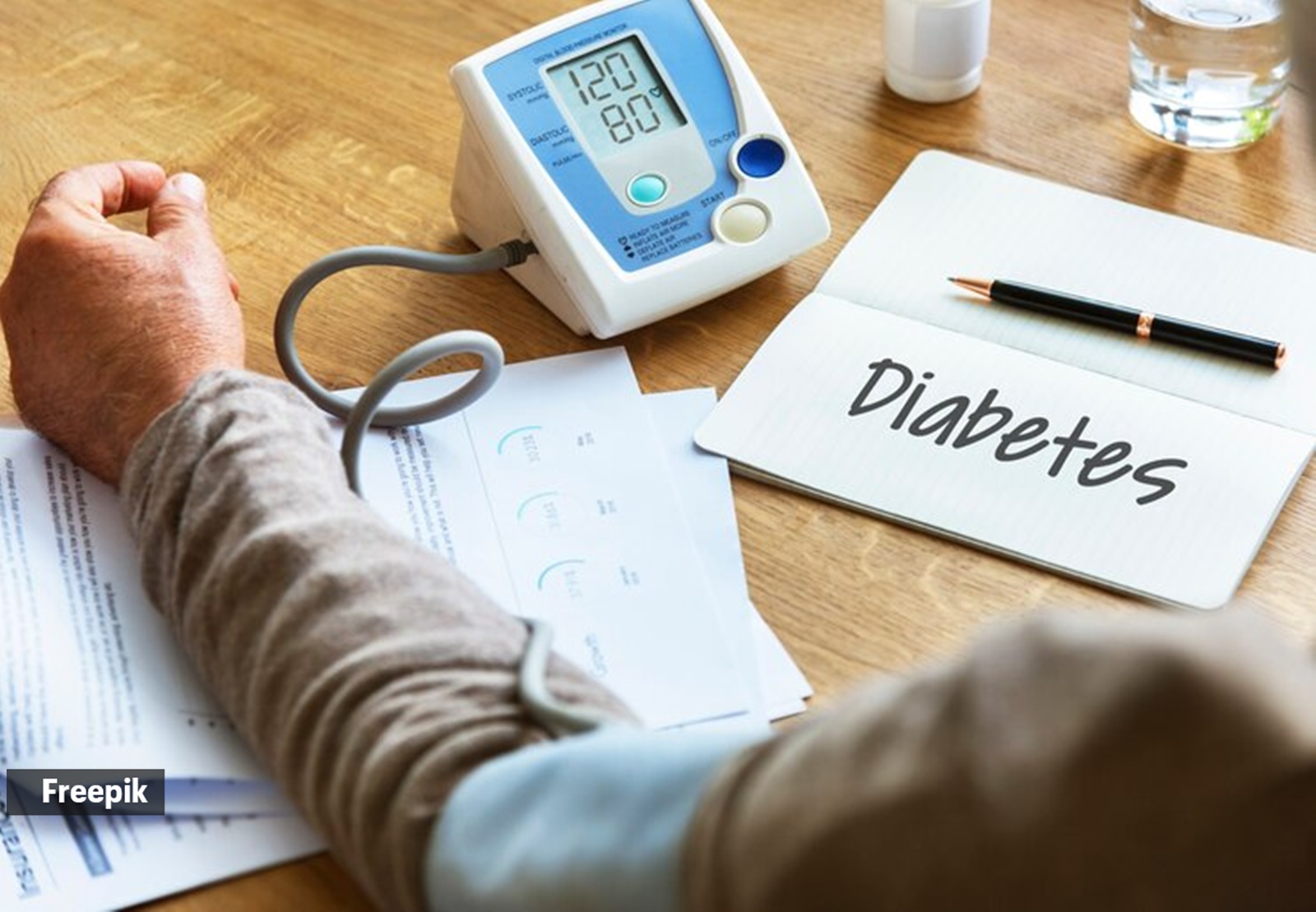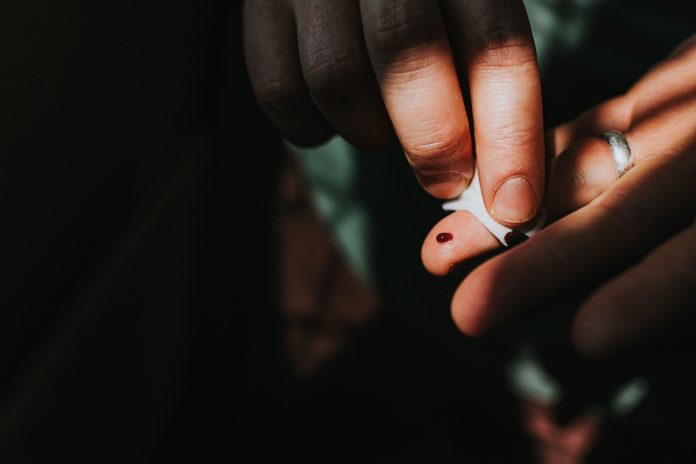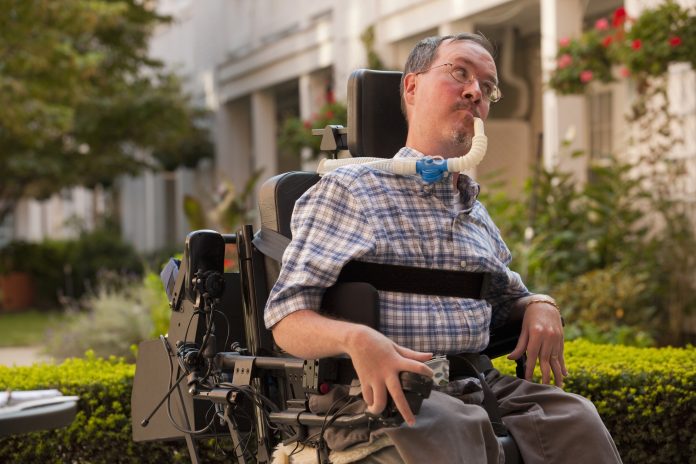As the relentless summer heat intensifies in India, an alarming surge of a rare condition known as ‘eye stroke’ has medical professionals sounding the alarm.
While the term may seem unfamiliar to many, this is a serious condition that has been increasingly linked to the extreme temperatures and heatwaves.
With reports of cases on the rise, particularly during periods of prolonged heat exposure, concerns are mounting about the potential impact on public health and the urgent need for awareness and preventive measures.
Dr Jagadish J Hiremath, public health intellectual, explains, “Eye strokes, or retinal artery occlusions, occur when blood flow to the retina is blocked, which can be caused by blood clots or plaque. During heatwaves, the body’s response to extreme heat can increase the risk of blood clots.”
High temperatures can lead to dehydration, he elaborates, which thickens the blood and makes clot formation more likely. “Additionally, heat stress can cause the blood vessels to constrict, which further increases the risk of blockages in the delicate vessels of the eye. This combination of factors makes individuals more susceptible to eye strokes during periods of extreme heat.”
Specific demographic groups or preexisting conditions that are particularly vulnerable
Certain groups and individuals with specific preexisting conditions are more vulnerable to eye strokes during heat waves, agrees Dr Hiremath. These include:
Elderly individuals: Aging naturally increases the risk of cardiovascular and vascular issues.
People with cardiovascular diseases: Conditions like hypertension, high cholesterol, and atherosclerosis increase the risk of blood clots.
Diabetics: Diabetes can damage blood vessels and increase the likelihood of clots.
Individuals with a history of strokes: Those who have had previous strokes are at a higher risk.
Men: Studies suggest that men may be more prone to eye strokes compared to women.
How individuals can protect themselves from the increased risk of eye strokes in summer
To protect against the increased risk of eye strokes during heatwaves, Dr Hiremath suggests drinking plenty of water to prevent dehydration, which can thicken the blood. Stay indoors during peak heat hours and use air conditioning or fans to stay cool.
Keep conditions like hypertension and diabetes well-managed with medication and regular check-ups. Protect your eyes from direct sunlight and excessive heat. During extreme heat, avoid vigorous physical activities that can further stress the body.
Preventive measures or lifestyle adjustments that can help mitigate the risk of eye strokes
Preventive measures and lifestyle adjustments can significantly mitigate the risk of eye strokes during heatwaves. Dr Hiremath suggest making the following changes:
Healthy Diet: Eat a balanced diet rich in fruits, vegetables, and whole grains to maintain cardiovascular health.
Regular Exercise: Engage in moderate physical activity to keep the heart and blood vessels healthy, but avoid overexertion during heatwaves.
Regular Eye Check-ups: Routine visits to an eye care professional can help detect early signs of potential issues.
Medication Adherence: Ensure that any prescribed medications for controlling blood pressure, cholesterol, or diabetes are taken as directed.
Stress Management: Practice relaxation techniques such as yoga or meditation to manage stress, which can negatively impact blood pressure and overall vascular health.












